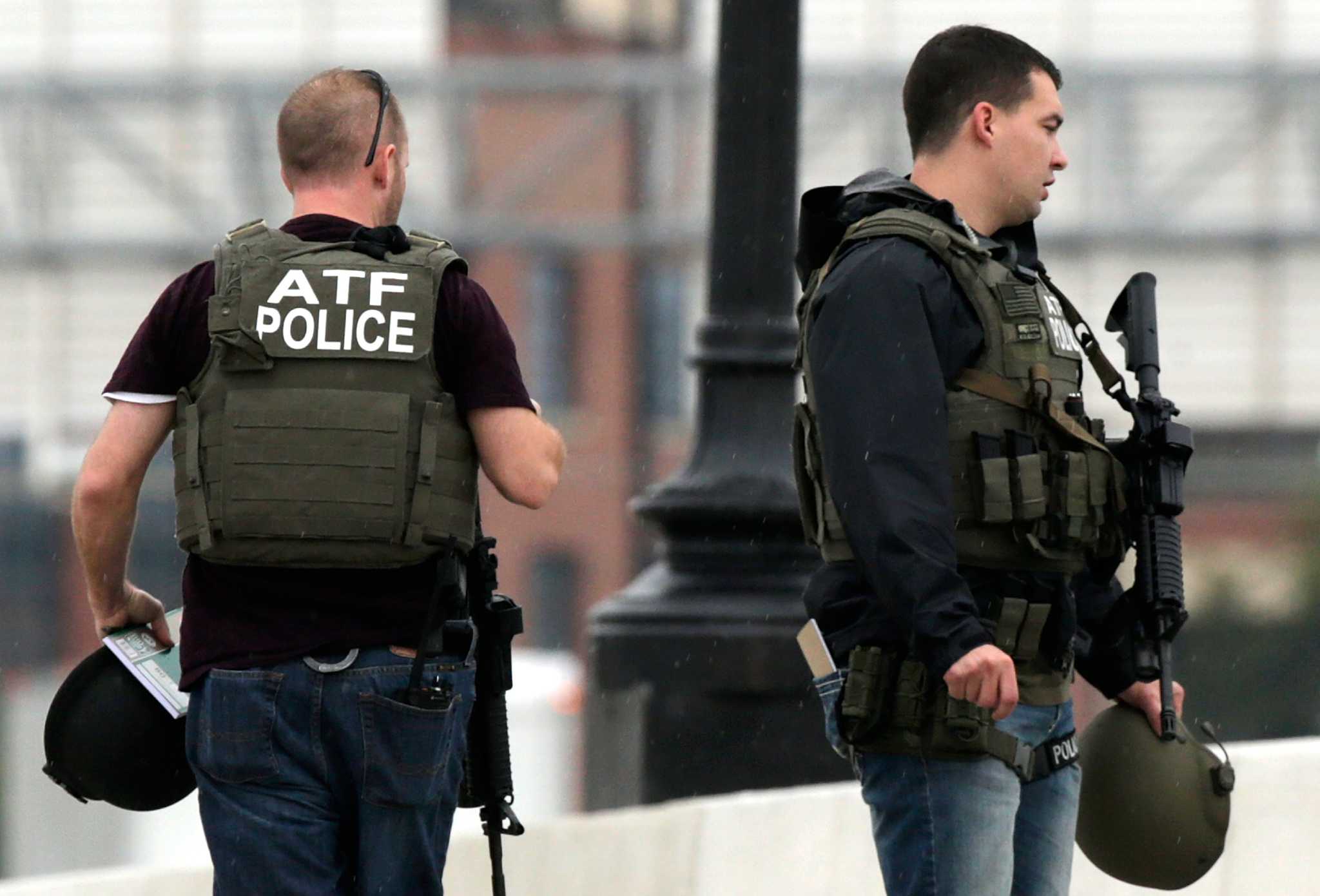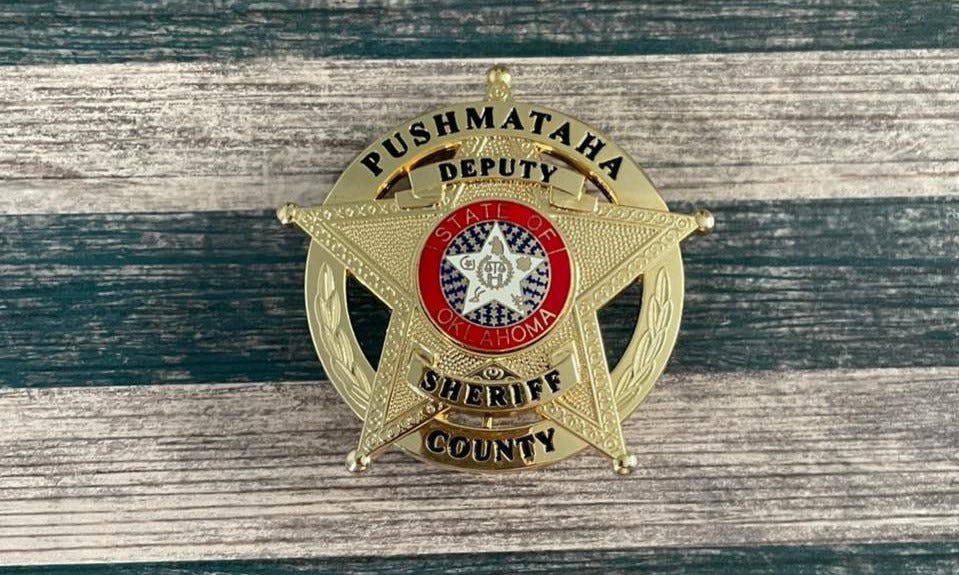Something rings like BS here:
The allegations were brought forward by 52-year-old high school history teacher, Baptist pastor, and part-time gun dealer, Russell Fincher. Mr. Fincher claims that ATF agents employed intimidation tactics and coercion to force him into surrendering his federal firearms license.
There is no "coercion" or "force" required at all here...all the feds have to do is REVOKE a person's FFL. There's no "surrendering" of the license required at all.
I'm not saying this guy has necessarily done anything wrong, and I'm CERTAINLY not siding with the ATF on this, especially if any of the information about how this was conducted is true. That's just plain BS behavior.
What is a Willful Violation?
The GCA does not define “willful.” The federal courts, however, have held that a willful violation of the GCA’s regulations occurs when the FFL commits the violation with an intentional disregard of a known legal duty or with plain indifference to their legal obligations.
While relatively few FFLs engage in such conduct, the negative effect that willful violations have on public safety can be immense. Consequently, the courts have also held that a single willful violation of a GCA regulation is a sufficient basis for ATF to revoke an FFL’s license.
Basis for Revocation
Absent extraordinary circumstances, ATF will issue a notice of revocation whenever it determines an FFL has willfully committed the following violations:
- Transferring a firearm to a prohibited person
- Failing to conduct a required background check
- Falsifying records, such as a firearms transaction form
- Failing to respond to a trace request
- Refusing to permit ATF to conduct an inspection
Other willful violations that may result in the issuance of a notice of revocation include failure to:
- Account for firearms
- Verify and document buyer eligibility
- Maintain records needed for successful firearms tracing
- Report multiple sales of handguns
As noted, willful violations are not common. When an ATF inspection reveals that regulatory violations are the result of inadvertence or administrative mistakes, and are not recurring or threatening to public safety, ATF will work to assist the licensee in taking corrective actions to ensure those violations are not repeated and the licensee achieves full compliance.
Revocation Process
When ATF does pursue revocation, the procedures specified under Title 27 of the Code of Federal Regulations, Part 478 (27 CFR 478), are followed.
- First, ATF sends the licensee a notice of revocation (ATF Form 4500) that includes the violations that are the basis for pursuing revocation.
- The licensee has 15 days from receipt of the notice to file a request for a hearing with the Director of Industry Operations (DIO) in their ATF field division.
- At the hearing, the licensee can be represented by an attorney and may bring employees and documentation to address the violations cited in the notice. ATF is represented by ATF counsel and the industry operations investigators (IOIs) who conducted the inspection(s) that resulted in the revocation recommendation.
- During the hearing, the licensee has the opportunity to challenge the violations. Based on the evidence, testimony and exhibits presented at the hearing by the licensee and ATF, the DIO decides whether to continue with the revocation.
- If the DIO decides that the violations were willful and revocation is justified, or if the licensee does not request a hearing, ATF sends a final notice of revocation (ATF Form 5300.13) to the licensee with a summary of the findings and legal conclusions that warrant revocation. If the DIO decides that the license should not be revoked, ATF will notify the licensee in writing.
Appeal Process
Within 60 days of receipt of the final notice of revocation, the licensee may file a petition for judicial review in federal court. This petition must be filed with the U.S. District Court for the district where the licensee resides or has their principal place of business. There is a fee for filing a civil action in federal court.



